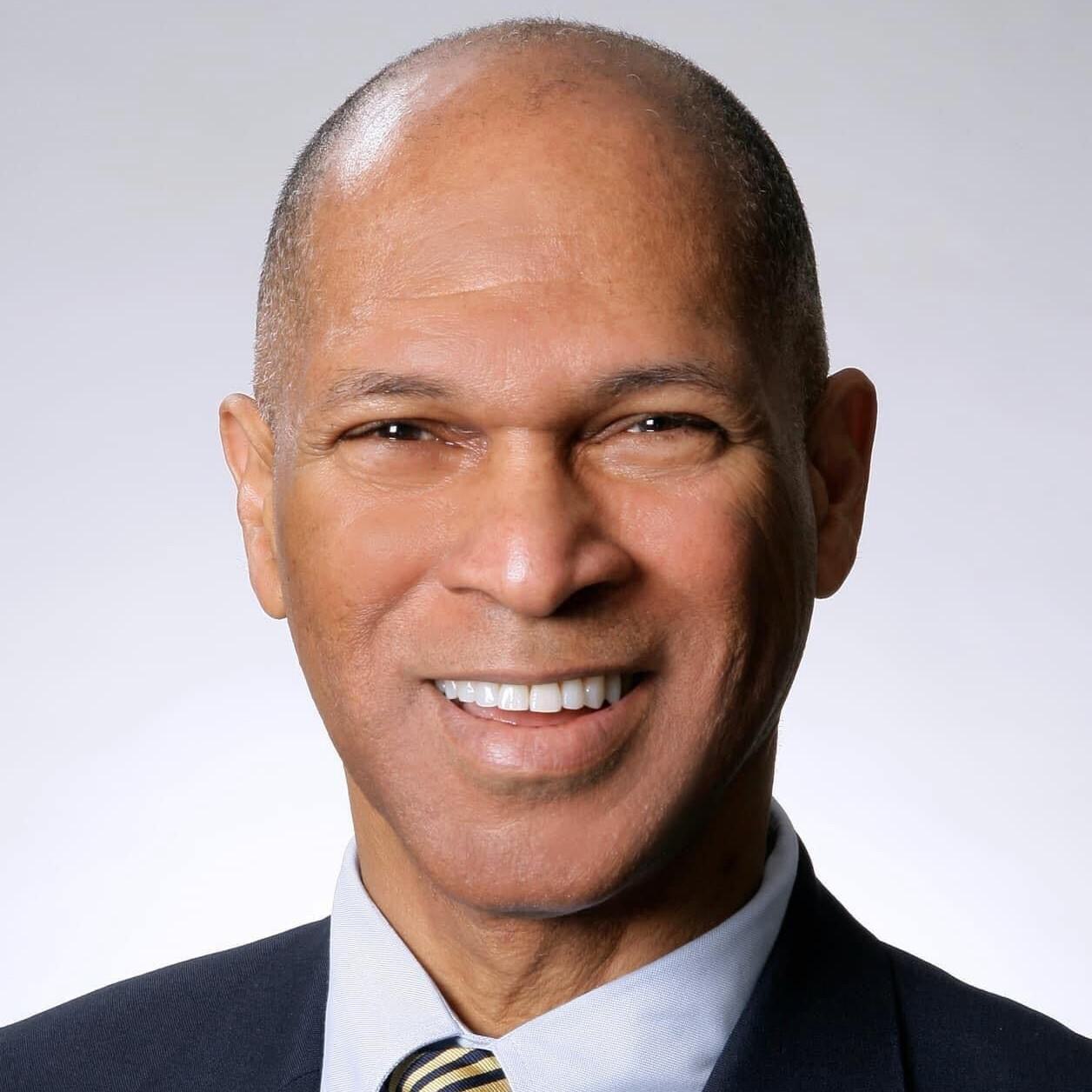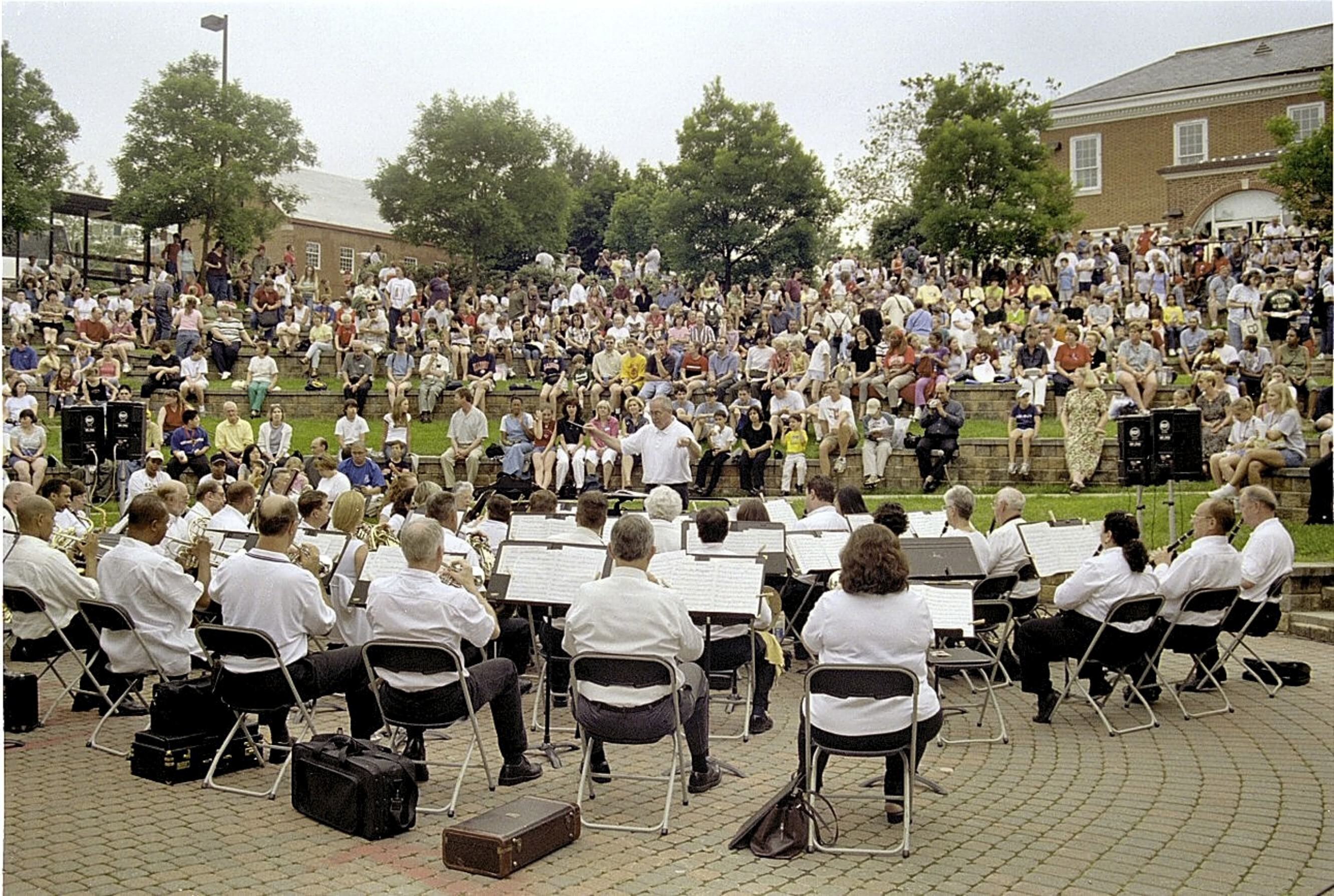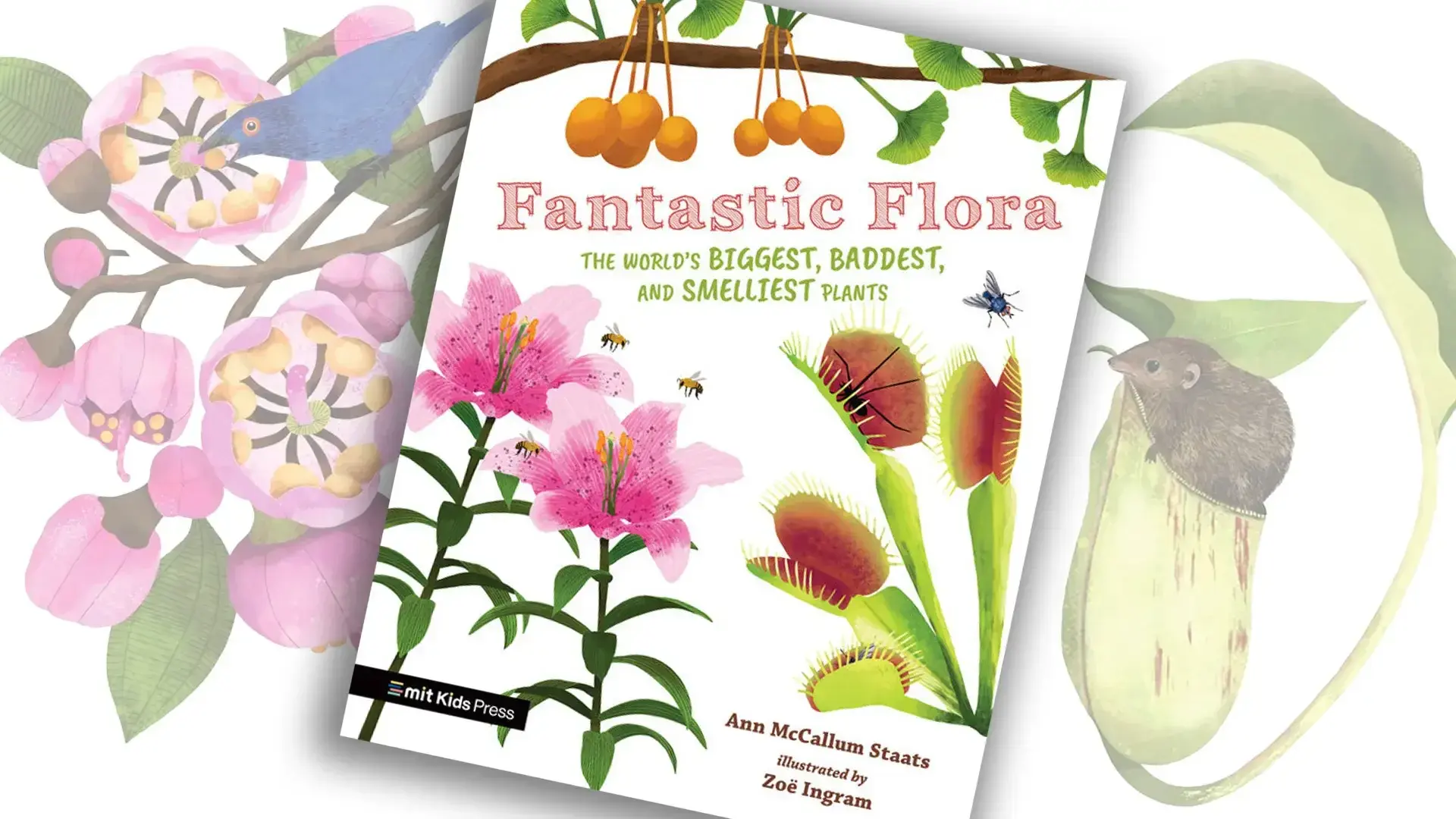Alumni Excellence Awards: Terp Legacy Award Winner Maurice Dorsey '70, Ph.D. '83
Alumni Excellence Awards: Terp Legacy Award Winner Maurice Dorsey '70, Ph.D. '83

By Andrew Faught
Growing up Black in Forest Hill, Md., Maurice W. Dorsey rode a school bus to a majority-white high school four miles away in Bel Air. Life wasn’t always harmonious in the years after the Supreme Court in 1954 ruled in Brown v. Board of Education that public school segregation was unconstitutional.
“I was the only person with an assigned seat, and I accepted sitting in the back of the bus,” Dorsey says. “I didn’t raise any stink about that. My dad told me my purpose is to go to school and get an education, and the only time I needed to report anything is if they put their hands on me.”
It was an experience that helped shape Dorsey’s empathy, and his role at the U.S. Department of Agriculture (USDA). There, in addition to his job as national program leader for public policy, he also was special emphasis program manager for LGBTQ federal employees.
At a time when few organizations had policies to support diversity, equity and inclusion in the workplace, Dorsey, who is gay, helped to create the Lesbian, Gay, Bisexual, Transgender, and Queer (LGBTQ+) Program that promotes the employment, advancement and retention of persons with differing sexual orientations, gender identity and gender expression in the USDA workforce.
“In my day and time, there definitely wasn’t much discussion about diversity, pluralism, social justice, and definitely not LGBT,” says Dorsey, who retired in 2012. “The Department of Agriculture had a great track record in promoting diversity in the federal government, and I’m very proud of my role.”
Change was occurring at a time when the federal government didn’t provide protections to marginalized populations. Then department Secretary Mike Espy advocated for inclusivity, Dorsey says.
“It wasn’t safe to come out of the closet because the federal government at that time didn’t have any protections,” he adds. “You could be fired from federal service if it was known or suspected that you were gay. Part of my role was to bring these types of conversations to staff meetings and conferences and lectures, carrying it across the United States. I was traveling to all 50 states.”
Dorsey’s USDA role extended to “bring agriculture to cities,” promoting farmers markets and urban agriculture.
Advancing civil rights wasn’t initially part of his career plan. Dorsey, who earned a degree in home economics, enrolled at Maryland with plans to become an accountant. But an interaction with the late Archie Buffkins, chancellor of the University of Maryland Eastern Shore, convinced him to pursue a doctorate in education policy at the College Park campus. Dorsey also holds master’s degrees from Johns Hopkins University and Loyola University Maryland.
Prior to joining the USDA, he worked for 22 years at the University of the District of Columbia, where he helped to administer the university’s Cooperative Extension Service.
Dorsey’s Maryland connections remain strong. He created the Maurice W. Dorsey, Ph.D. and Robert J. Battjes, D.S.W. Scholarship to provide merit-based scholarships for undergraduates who are involved with the Student Success Initiative, a student-led program that empowers the Black student population academically, financially and professionally. It is named in part after his late partner.
###
The Alumni Blog connects you with the latest at UMD. Check out articles on advancing your personal and professional goals, elevating your UMD pride, and celebrating Terp traditions, legacies and accomplishments.
Have an interesting story to tell about yourself or your friends from your days at UMD? Email our team at maycardi@umd.edu for a chance to be featured on the Alumni Association blog.
For even more content, follow the Alumni Association on Instagram, Facebook, LinkedIn and Twitter!

Do Good Spotlight: How Lisa Wiederlight ’90 is Building a Home for Hope

A Legacy Beyond His Years: Alum’s Gift Honors Veteran’s Memory at Maryland

Three Generations, One Stage: Maryland Community Band Turns 30

